Intro
Discover the fine line between love and addiction. Is your love a healthy obsession or an unhealthy fixation? Learn to recognize the signs of love addiction and distinguish it from true love. Explore the psychology behind love addiction, its symptoms, and how to break free from toxic relationships.
The intoxicating rush of being in love - it's a feeling that can be both exhilarating and all-consuming. But how do you know if your love is the real deal or just a temporary high? Are you addicted to the feeling of being in love, or is it true love that's got you hooked?
Being in love can activate the brain's reward system, releasing feel-good chemicals like dopamine, oxytocin, and serotonin. These neurotransmitters can create a sense of euphoria, making us feel like we're on top of the world. But when does this natural high become an addiction?
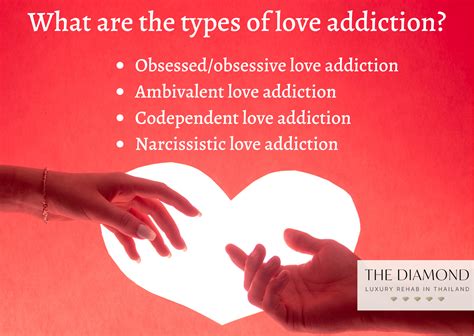
For some people, the thrill of being in love can become a substitute for other areas of their life. They may use the relationship as a way to avoid feelings of loneliness, anxiety, or low self-esteem. This can lead to a pattern of behavior where they constantly seek out new relationships or obsess over their current partner, never quite feeling satisfied or fulfilled.
On the other hand, true love is built on a foundation of mutual respect, trust, and communication. It's a deep and abiding connection that goes beyond the initial infatuation phase. When we're in a healthy, loving relationship, we feel seen, heard, and valued for who we are. We're not trying to fill a void or escape our problems; we're building a life together with someone we care about.
So, how can you tell if your love is the real deal or just a temporary high?
Signs You're Addicted to the Feeling of Being in Love
- You're constantly seeking out new relationships or flings, never staying in one place for too long.
- You feel anxious or depressed when you're not in a relationship.
- You use relationships as a way to boost your self-esteem or avoid feelings of loneliness.
- You're obsessed with your partner, constantly checking in with them or feeling jealous when they're not around.
- You're willing to overlook red flags or toxic behavior in your partner because you're afraid of being alone.
Signs You're in a Healthy, Loving Relationship
- You feel seen, heard, and valued for who you are.
- You have open and honest communication with your partner.
- You trust your partner to be there for you, and you're willing to work through challenges together.
- You feel a deep emotional connection with your partner, beyond just physical attraction.
- You're able to maintain your own identity and interests outside of the relationship.
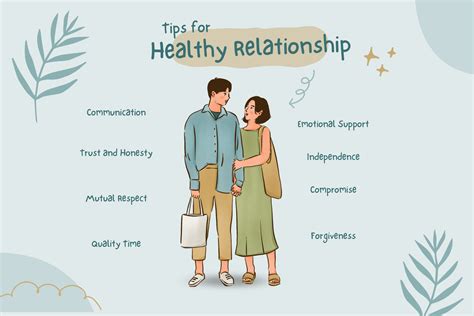
If you're unsure whether your love is the real deal or just a temporary high, take some time to reflect on your feelings and behaviors. Ask yourself:
- What am I getting out of this relationship?
- Am I feeling fulfilled and happy, or am I just avoiding feelings of loneliness or anxiety?
- Am I willing to work through challenges with my partner, or am I just looking for a quick fix?
True love takes time, effort, and commitment. It's not always easy, but it's worth it. If you're willing to put in the work and prioritize communication, trust, and mutual respect, you may just find that your love is the real deal.
The Dangers of Love Addiction
While being in love can be an incredible feeling, love addiction can have serious consequences. When we're addicted to the feeling of being in love, we may:
- Overlook red flags or toxic behavior in our partner.
- Engage in unhealthy or obsessive behaviors, such as constant texting or checking in.
- Use relationships as a way to avoid feelings of loneliness or anxiety, rather than addressing the underlying issues.
- Sacrifice our own needs and desires for the sake of the relationship.
- Experience feelings of withdrawal or depression when the relationship ends.
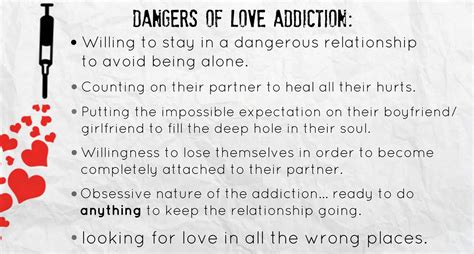
If you're struggling with love addiction, it's essential to seek help. Consider talking to a therapist or counselor who can help you address underlying issues and develop healthier relationship patterns.
Breaking Free from Love Addiction
Breaking free from love addiction requires a willingness to confront our underlying fears and insecurities. It's not always easy, but it's possible. Here are some steps you can take:
- Seek professional help: Talk to a therapist or counselor who can help you address underlying issues and develop healthier relationship patterns.
- Practice self-reflection: Take time to reflect on your feelings and behaviors. Ask yourself what you're getting out of relationships and what you're hoping to achieve.
- Develop self-care habits: Focus on building a fulfilling life outside of relationships. Engage in activities that bring you joy, practice self-care, and prioritize your physical and emotional health.
- Set boundaries: Learn to set healthy boundaries in your relationships. Prioritize your own needs and desires, and be willing to walk away if the relationship is unhealthy or toxic.
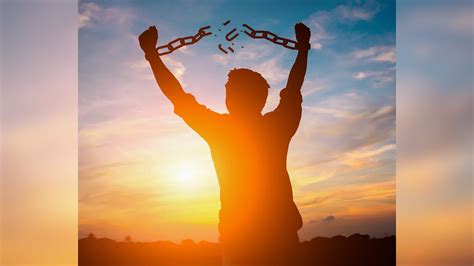
Remember, true love is worth waiting for. It's not always easy, but it's worth it. By prioritizing self-reflection, self-care, and healthy relationship patterns, you can break free from love addiction and find a fulfilling, loving relationship that lasts.
Conclusion
Being in love can be an incredible feeling, but it's essential to distinguish between true love and love addiction. By recognizing the signs of love addiction and prioritizing self-reflection, self-care, and healthy relationship patterns, you can break free from unhealthy relationship patterns and find a fulfilling, loving relationship that lasts.
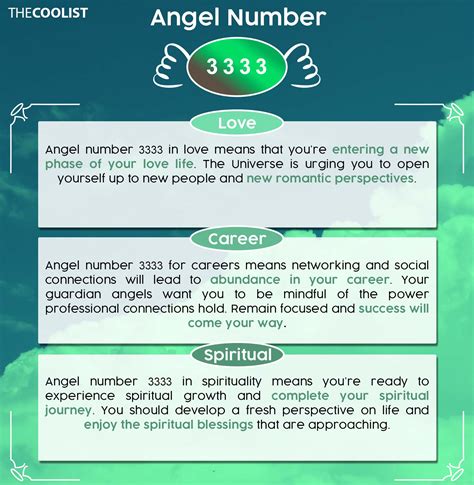
So, is your love the real deal or just a temporary high? Take the time to reflect on your feelings and behaviors, and prioritize self-reflection, self-care, and healthy relationship patterns. Your heart will thank you.
What is love addiction?
+Love addiction is a pattern of behavior where individuals use relationships as a way to avoid feelings of loneliness, anxiety, or low self-esteem. It can lead to unhealthy or obsessive behaviors, such as constant texting or checking in.
How can I tell if I'm addicted to the feeling of being in love?
+You may be addicted to the feeling of being in love if you're constantly seeking out new relationships or flings, feeling anxious or depressed when you're not in a relationship, or using relationships as a way to boost your self-esteem or avoid feelings of loneliness.
What are the dangers of love addiction?
+The dangers of love addiction include overlooking red flags or toxic behavior in your partner, engaging in unhealthy or obsessive behaviors, using relationships as a way to avoid feelings of loneliness or anxiety, sacrificing your own needs and desires for the sake of the relationship, and experiencing feelings of withdrawal or depression when the relationship ends.
